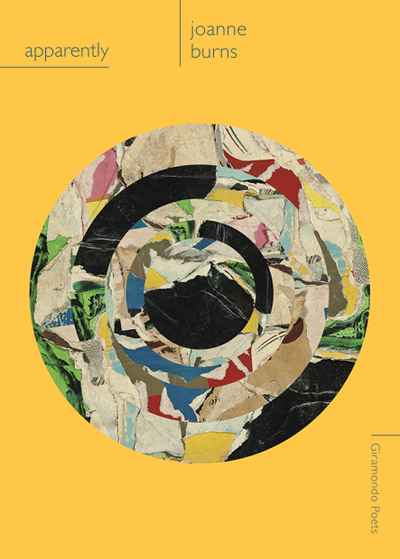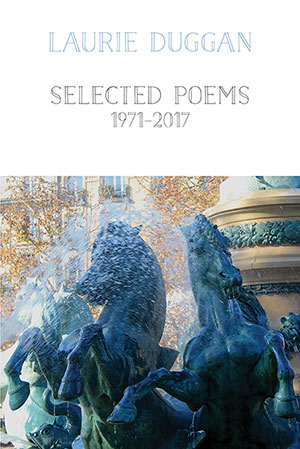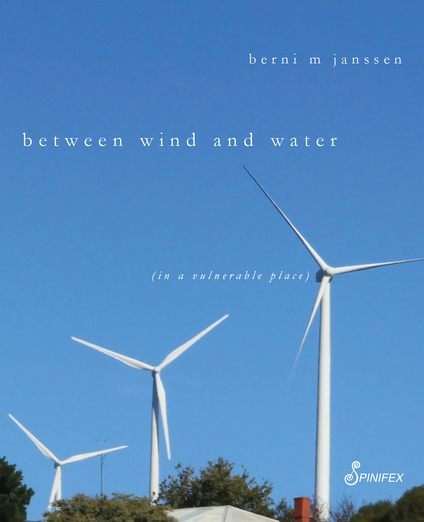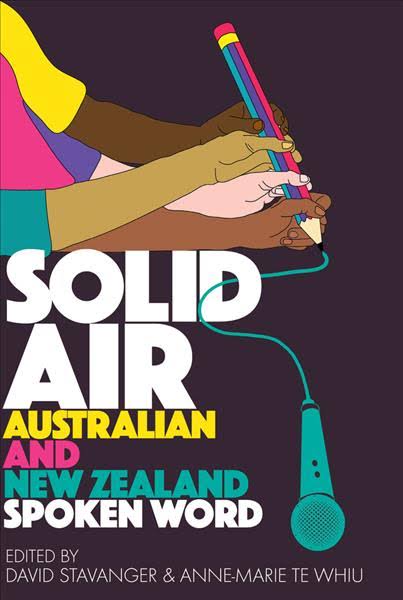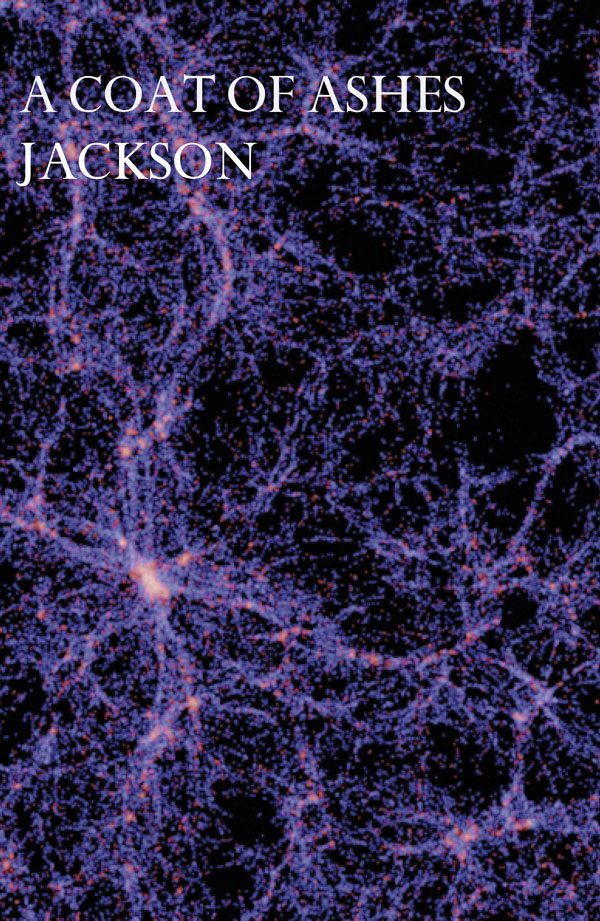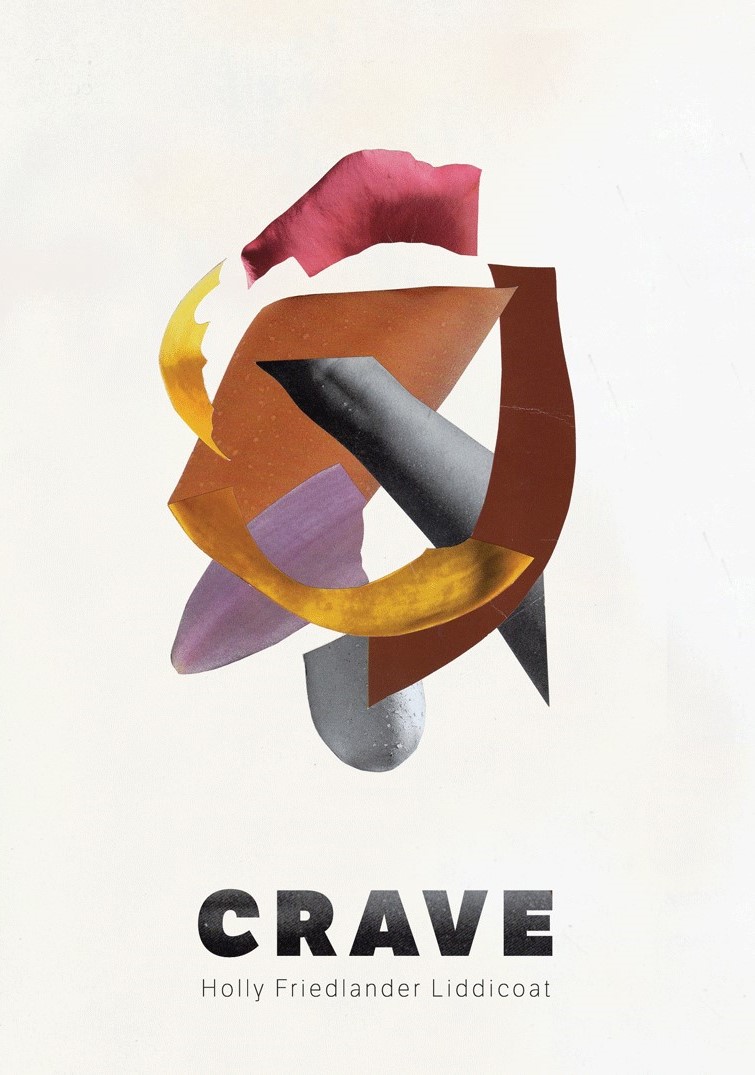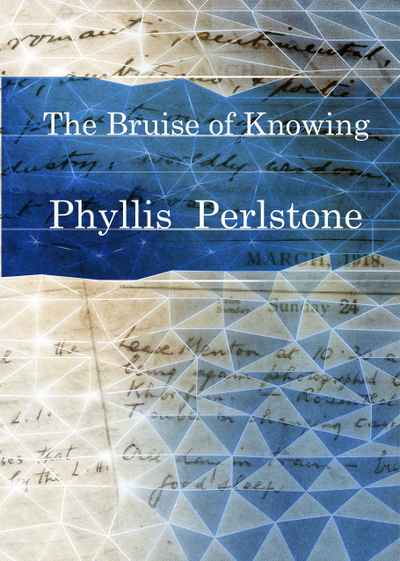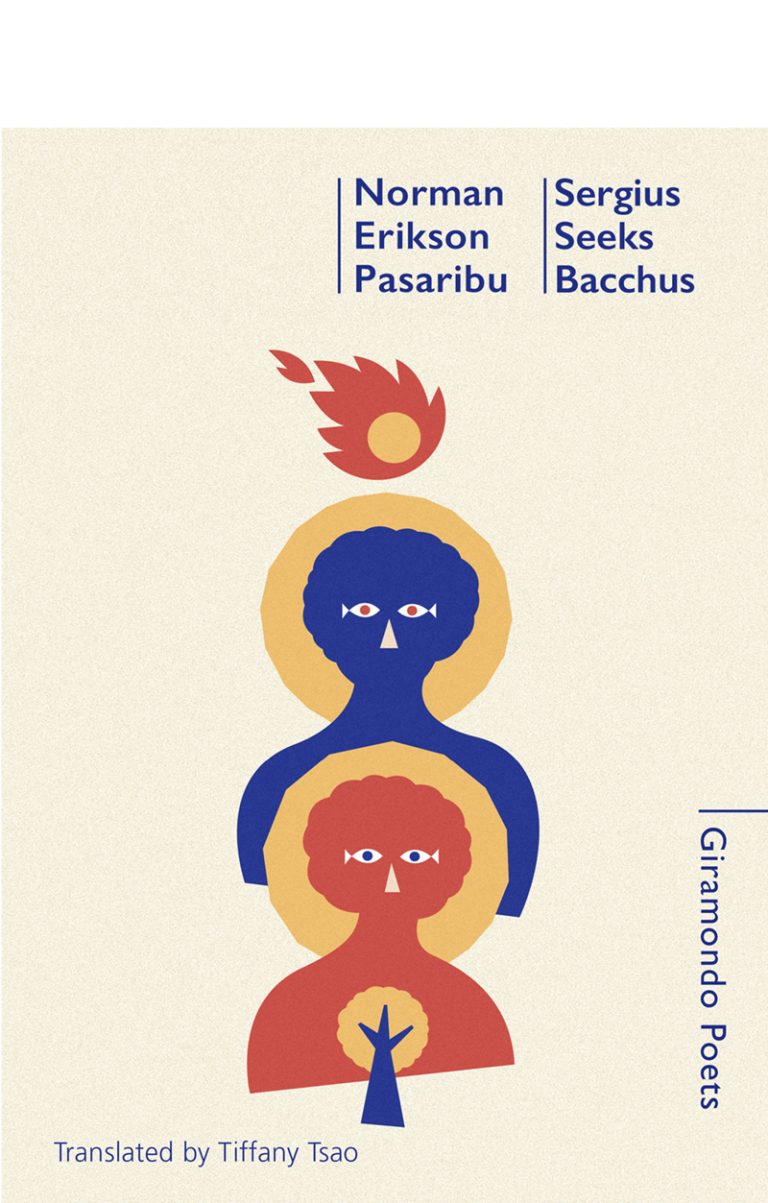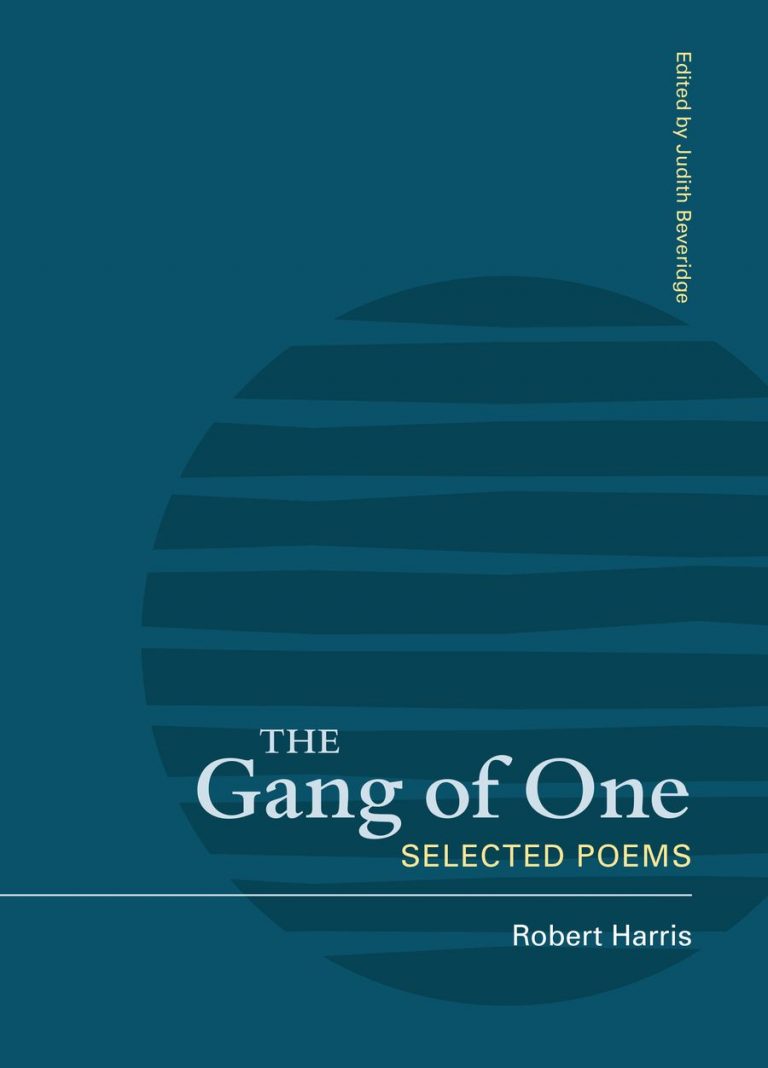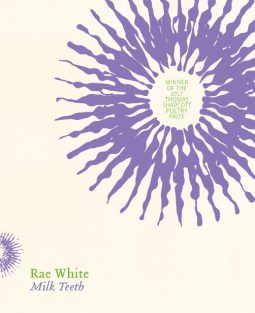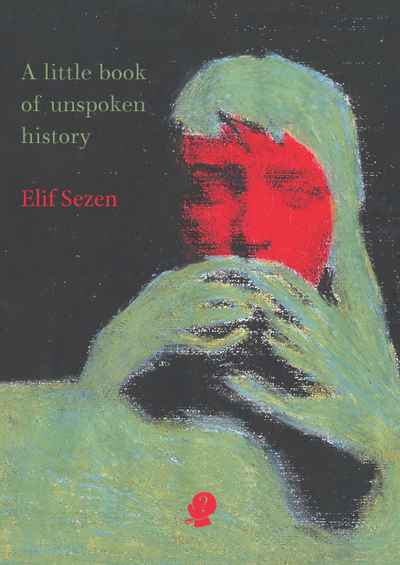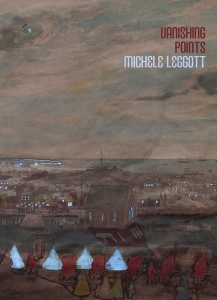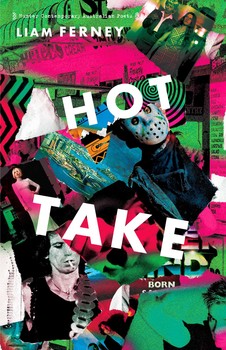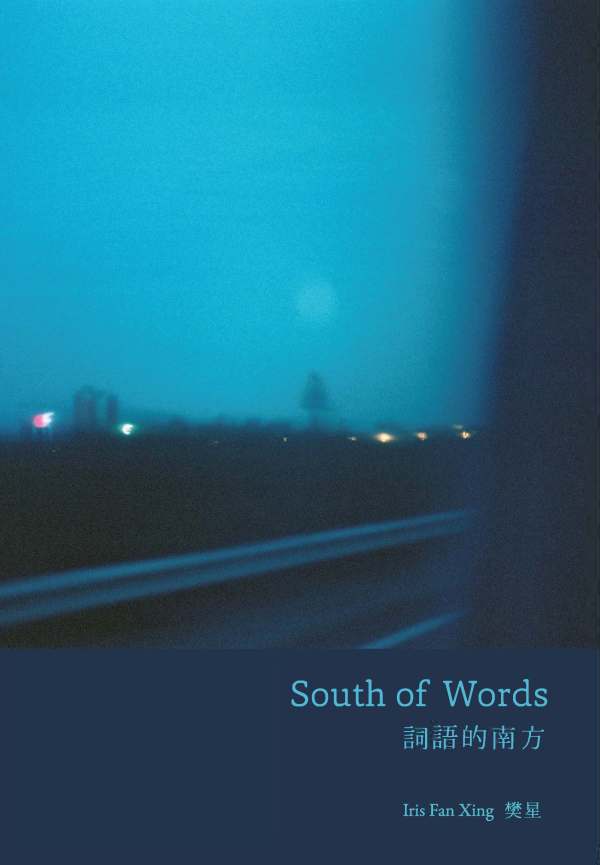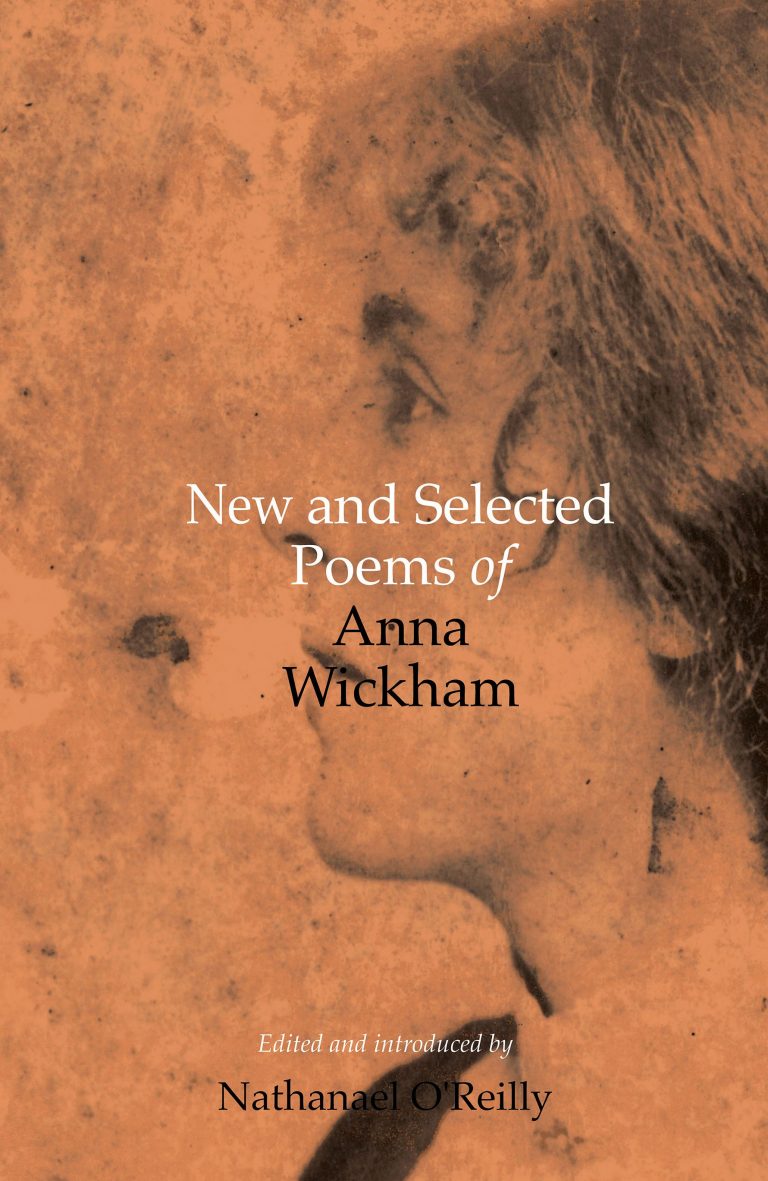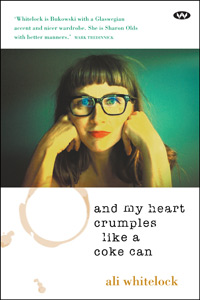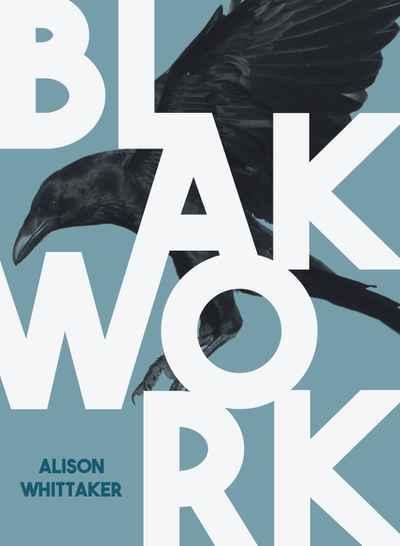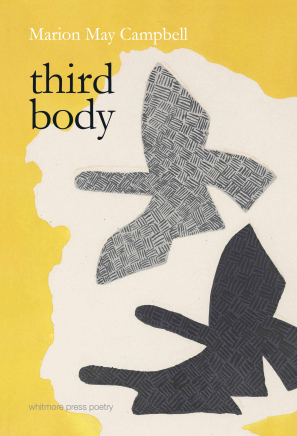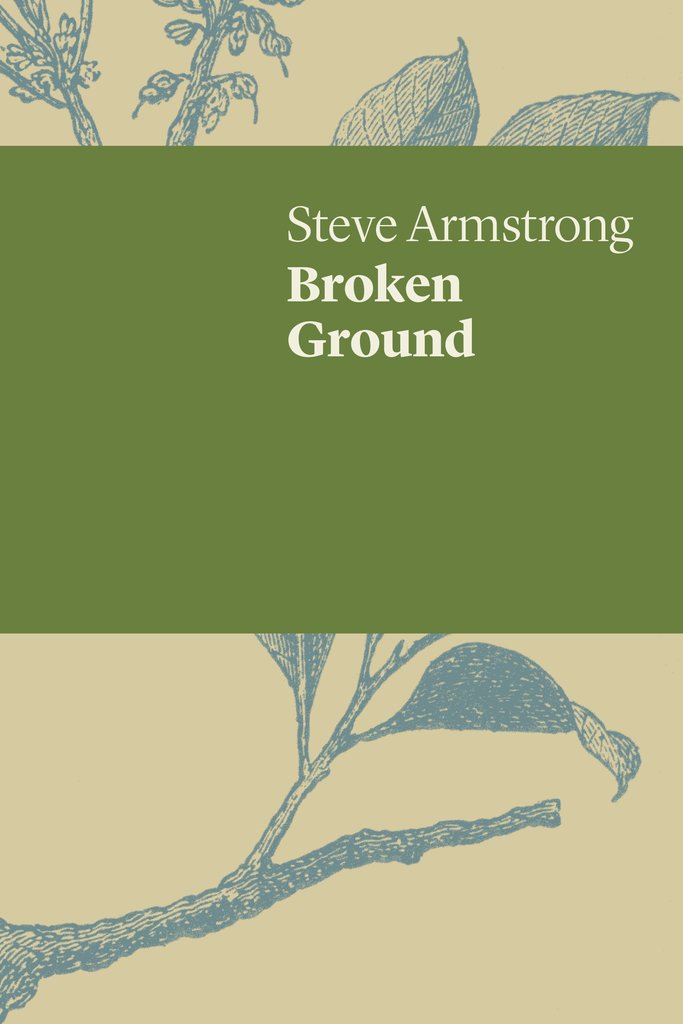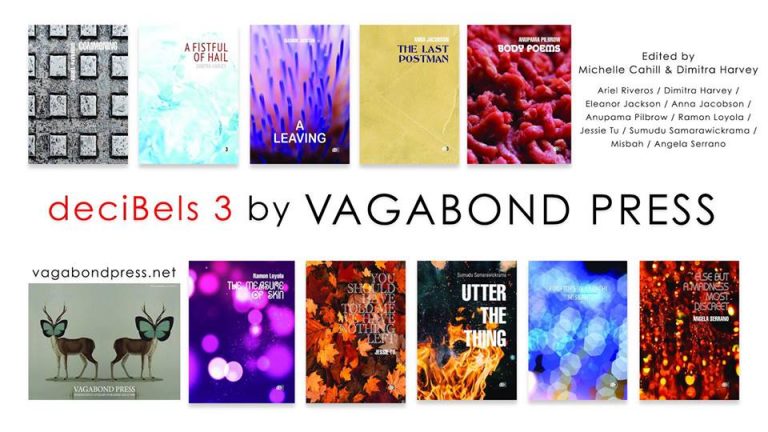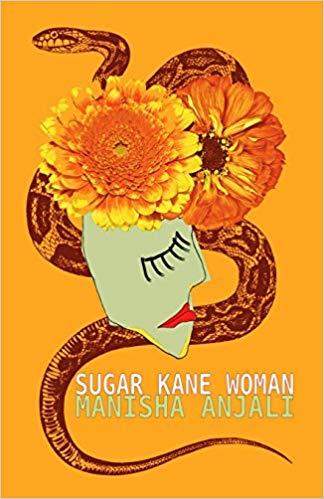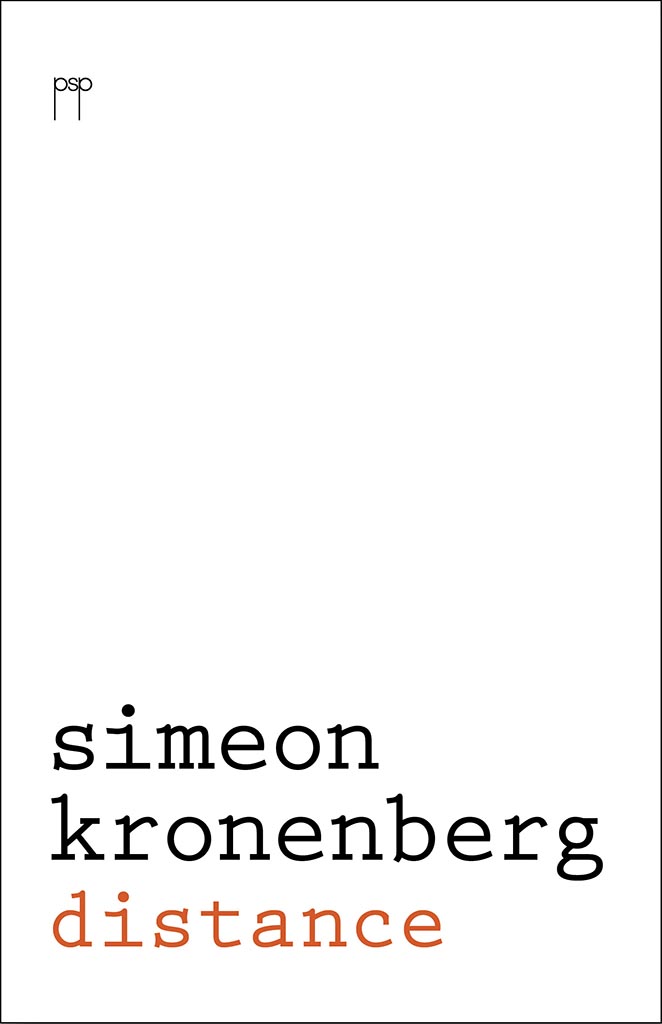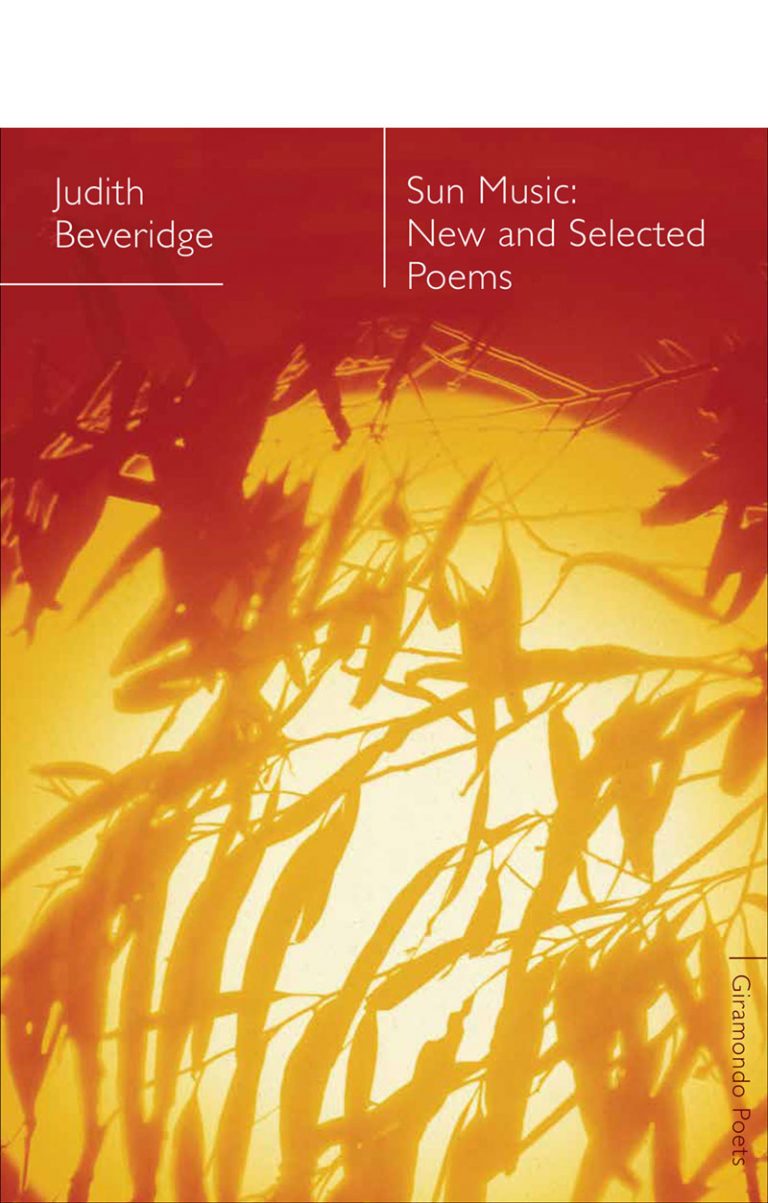BOOK REVIEWS
When Poets Write Prose: Daniela Brozek Cordier Reviews Recent Collections by Joanne Burns, Stephanie Green and Jane Williams
This is a review of three collections of poetry by women, two published in 2019, and one, Jane Williams’s Parts of the Main, in 2017. Of the two more recent volumes, Stephanie Green consistently uses prose in Breathing in Stormy Seasons, whereas Joanne Burns writes in prose in only one section of her collection, that which bestows its title, apparently, on the collection.
Dan Disney Reviews Laurie Duggan’s Selected Poems 1971–2017
Laurie Duggan has long been a star within the light-filled firmaments of Australian poetry that first burst into prominence around five decades ago. A so-called ‘Monash poet’, Duggan’s recently published Selected Poems is suffused with images in which he trains an unrelentingly quizzical, reverent eye across apparently mundane terrains.
Alyson Miller Reviews berni m janssen’s between wind and water (in a vulnerable place)
In ‘speaking out’, the final poem of berni m janssen’s fifth collection, between wind and water (in a vulnerable place), a choral cry for resistance is offered, a lyric that insists on the ability of individuals to provoke immense change: ‘one voice small forms fight in strength / one voice strong gains another / i’m with you, go boldly’.
Andy Jackson Reviews Solid Air: Australian and New Zealand Spoken Word
Is an anthology greater than the sum of its parts? Does it effectively capture its milieu? Who’s been included, who left out? Is it genuinely of the moment? Will it endure?
Magan Magan Reviews S K Kelen’s Yonder Blue Wild and Kit Kelen’s Poor Man’s Coat
Award-winning author S K Kelen beautifully explores the theme of travel in his collection Yonder Blue Wild. For some, travel is a benefit awarded to them by virtue of their class; for some it is a tool to attain an idealised version of the life they want to lead.
Pascalle Burton Reviews Jackson’s A Coat of Ashes
Jackson’s third book, A Coat of Ashes, published by Canberra’s Recent Work Press, is a contemplation about how the discourses of Daoism (or Taoism), physics and systems theory might be fused through the methodology of poetry.
Toby Fitch Reviews Holly Friedlander Liddicoat’s CRAVE
First books are a big occasion for poets. Their publication makes something heretofore unofficial official while announcing the poet as one committed to ‘the art of language’, as Gig Ryan describes poetry.
Margaret Bradstock Reviews Phyllis Perlstone’s The Bruise of Knowing
The Bruise of Knowing is Phyllis Perlstone’s third collection of poetry from Puncher & Wattmann, and arguably her best to date. It tells the story of Sir John Monash, highlighting themes of ambition, power and warfare.
Simeon Kronenberg Reviews Norman Erikson Pasaribu’s Sergius Seeks Bacchus
Sergius and Bacchus were fourth century soldiers in the Roman imperial army and also devout Christians and lovers. They kept their religion and sexuality secret but once their Christianity was discovered they were to suffer terrible torture and eventual death as martyrs, hence their sainthood into the Christian Eastern Orthodox Church (centred at that time in Byzantium).
Phillip Hall Reviews Robert Harris’s The Gang of One: Selected Poems
In ‘The Day’, Harris writes a stunning eschatology for Gough Whitlam. For Harris the dismissal was ‘the day of deceit’, ‘the day to lose heart’. As I write this review, I too am demoralized and anxious, despite the beta-blockers.
Adam Ford Reviews Rae White’s Milk Teeth and Anders Villani’s Aril Wire
Poetry debuts are not necessarily juvenilia. The vagaries of poetry publishing mean that by the time a poet’s first collection is published they often are, at least by some standards, emerging fully formed, able and ready to demonstrate their skill to a willing audience.
Jennifer Mackenzie Reviews Elif Sezen’s A little book of unspoken history
In these times many of us from all corners of the globe have more than one place we call home. Concepts of nationality, attachment to place, a sudden annunciation of enlightened belonging or steadfast refusal of it can be dissociative, painful and conversely full of artistic promise.
Brigid Magner Reviews Michele Leggott’s Vanishing Points and Elizabeth Smither’s Night Horse
Michelle Leggott and Elizabeth Smither are both former Poet Laureates, with distinguished careers behind them. Night Horse won the poetry category of the 50th Ockham New Zealand Book Awards and Vanishing Points has already been received to great acclaim. Even though there are some major stylistic differences between these two books, there are many surprising coincidences.
Jack Kelly Reviews Liam Ferney’s Hot Take
In a review for Cordite, Stu Hatton commented that the reader will need to google the obscure references in Liam Ferney’s poetry in order to keep up.
Review Short: Iris Fan Xing’s South of Words
Christopher (Kit) Kelen has described Iris Fan Xing’s South of Words as ‘not translation’. The intersection between English and Chinese Mandarin lies at its heart, reflecting Fan’s converging identities across settings and cultures.
Aidan Coleman Reviews New and Selected Poems of Anna Wickham
Devotees of Australian literature are unlikely to possess more than a half-dozen single volumes by poets born before Federation, and their reading of such poets is generally limited to anthologies. The problem, I’d suggest, is one of availability more than desire.
Ivy Ireland Reviews Ali Whitelock’s and my heart crumples like a coke can
Despite the sorrow of its title, and my heart crumples like a coke can will have an utterly expansive effect on the reader’s beat-box. My little heart almost burst as I read through this collection for the first time. And then the second.
Raelee Lancaster Reviews Alison Whittaker’s Blakwork
My sister and I devoured Blakwork. She’s nine and I’m not sure if she understood most of what Alison Whittaker talks about in this collection, but it resonated with her. With both of us.
Alex Creece Reviews Marion May Campbell’s third body
Third body takes form on the cusp of metamorphoses between species, ecosystems, technologies, existential planes, and even between art and artist. ‘passing’, the title of its first section, becomes a motif of the entire collection – perhaps most significantly for its variety of meanings.
Ivy Ireland Reviews Steve Armstrong
Steve Armstrong’s Broken Ground is an extended walking meditation cleverly disguised as a book of poetry. Inside this collection resides a determined drive towards immersion and a deliberate movement beyond text, into a numinous, continuous cadence: a secret rhythm of stride known only to those who would seek to map out earth and sky.
Magan Magan Reviews deciBels 3
Poetry as a form permits one the ability to see, touch, bend and examine the human experiences that we may find elusive. All of a sudden, the glances from others we would have otherwise missed, start to make sense. Haunted words that follow us our entire life begin to destruct. And a voice that belongs leaps out of the page and into the world, leaving a roadmap to follow.
Claire Albrecht Reviews Manisha Anjali’s Sugar Kane Woman
Towards the end of the nineteenth century and after the turn of the twentieth, colonial British rule brought indentured Indian workers to the fertile shores of Fiji. The colonisers hoped to boost the local sugar cane industry without antagonising local Fijians, and so boats filled with indentured labourers from all over India were trafficked to the island for a life of servitude and abuse.
Review Short: Simeon Kronenberg’s Distance
In his debut collection, Distance, Simeon Kronenberg establishes himself as a poet of inclusive intimacy, both as oddly as that sits as a phrase and in relation to the collection’s title. Intimacy is, of course, personal and the vicarious imagined.
Review Short: Judith Beveridge’s Sun Music: New and Selected Poems
Judith Beveridge’s Sun Music: New and Selected Poems begins with the eponymous poem of her debut collection, The Domesticity of Giraffes (1987), concerning a giraffe in a zoo.

